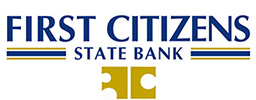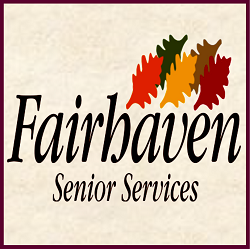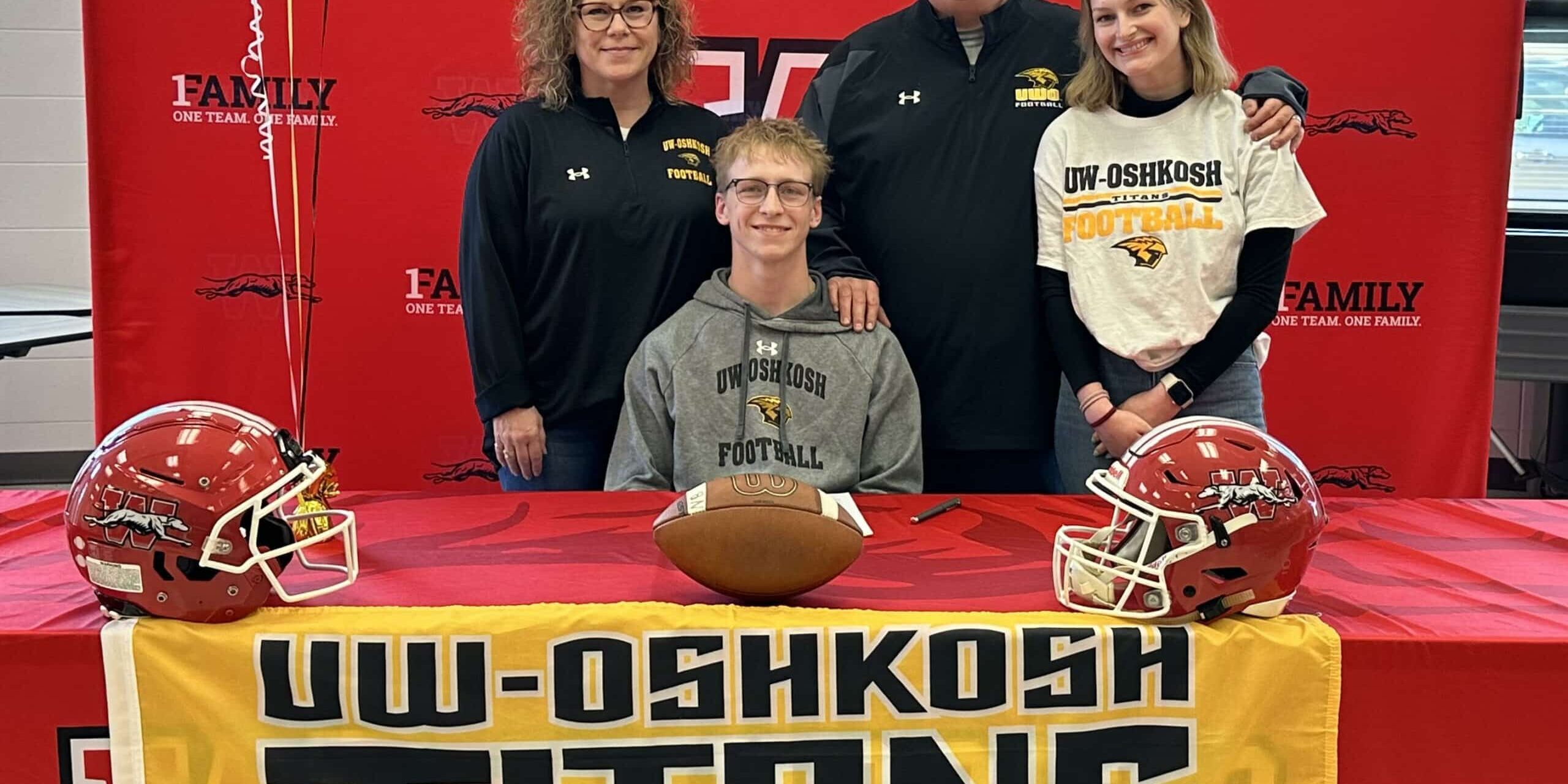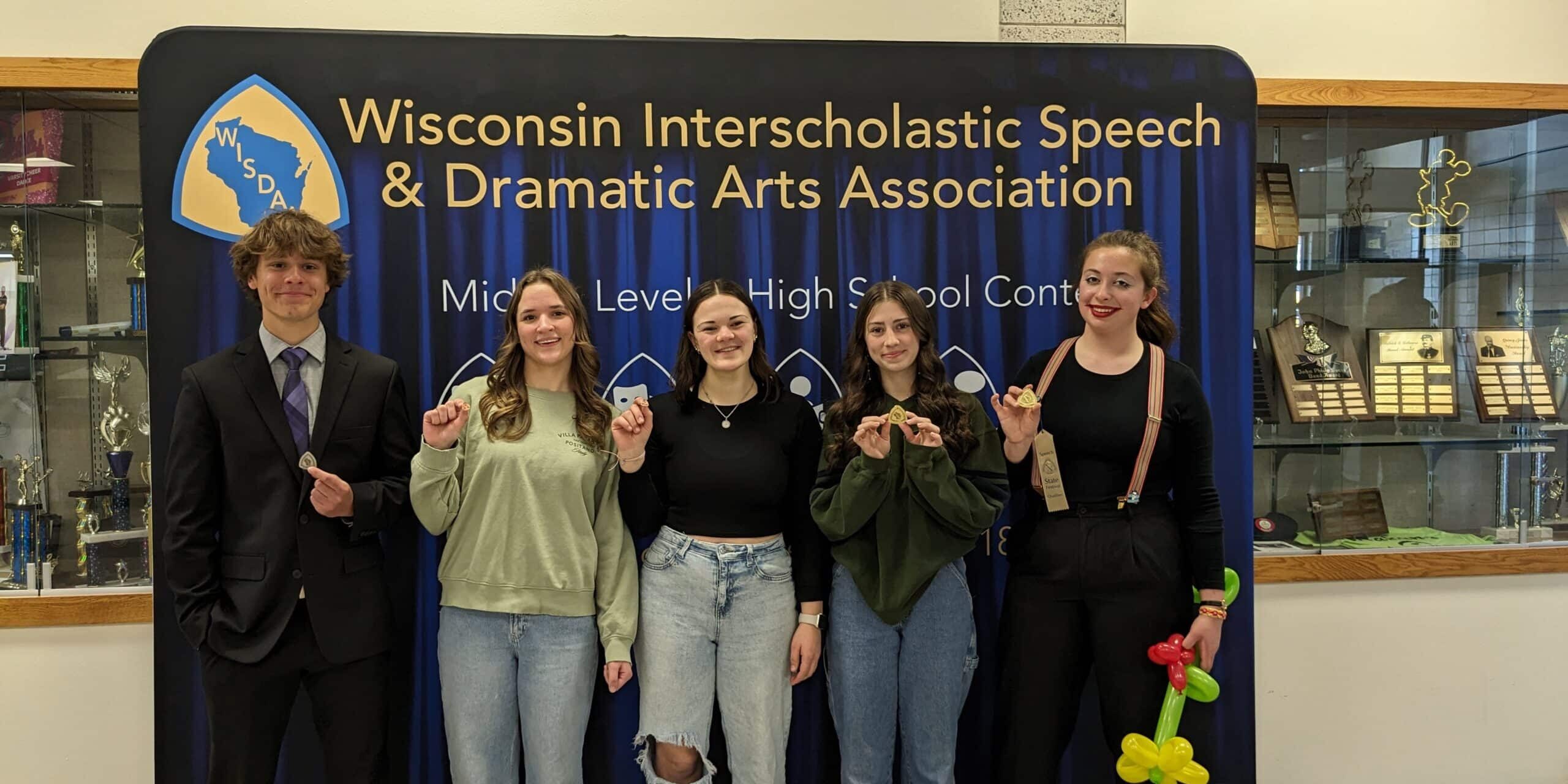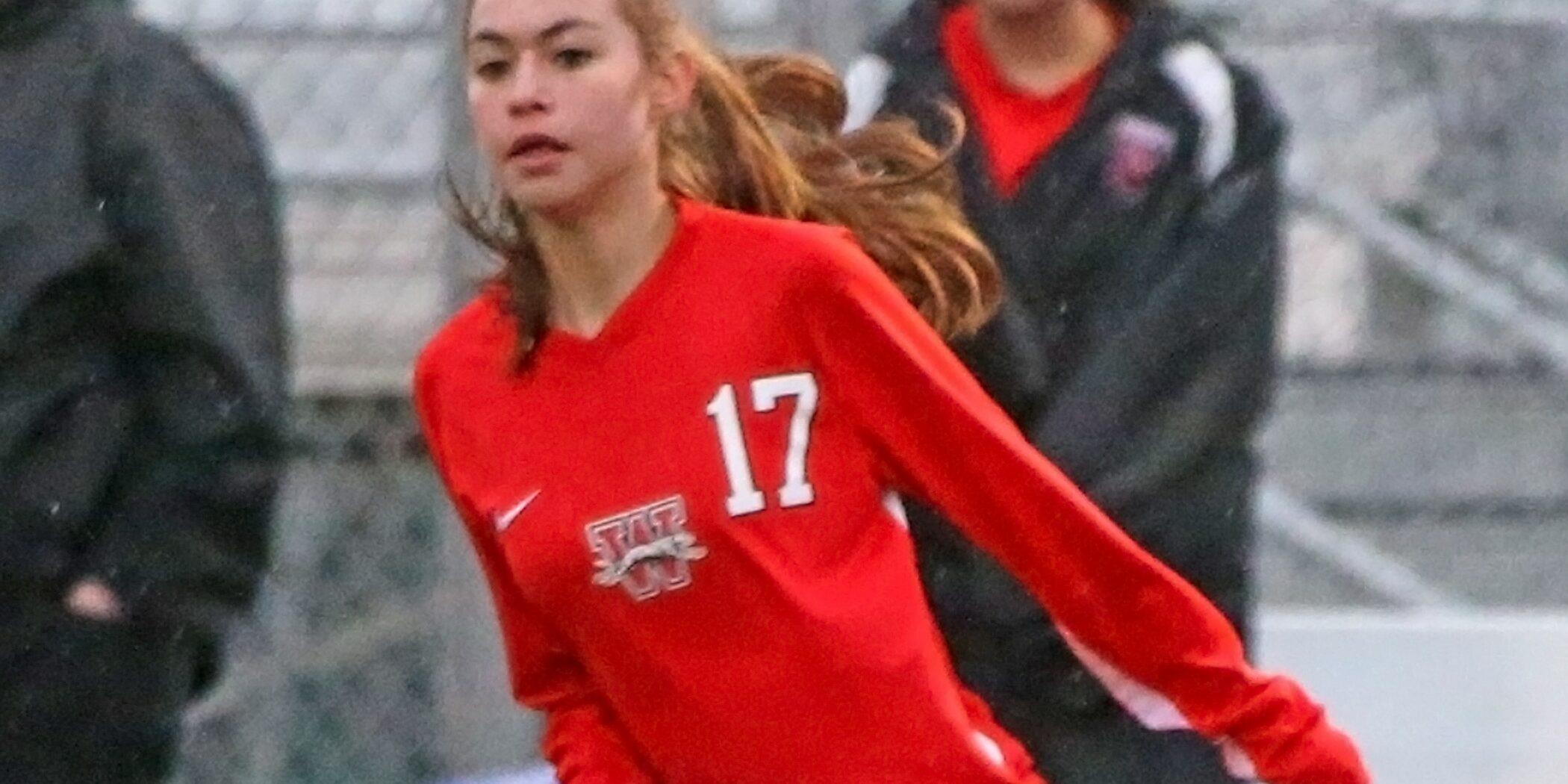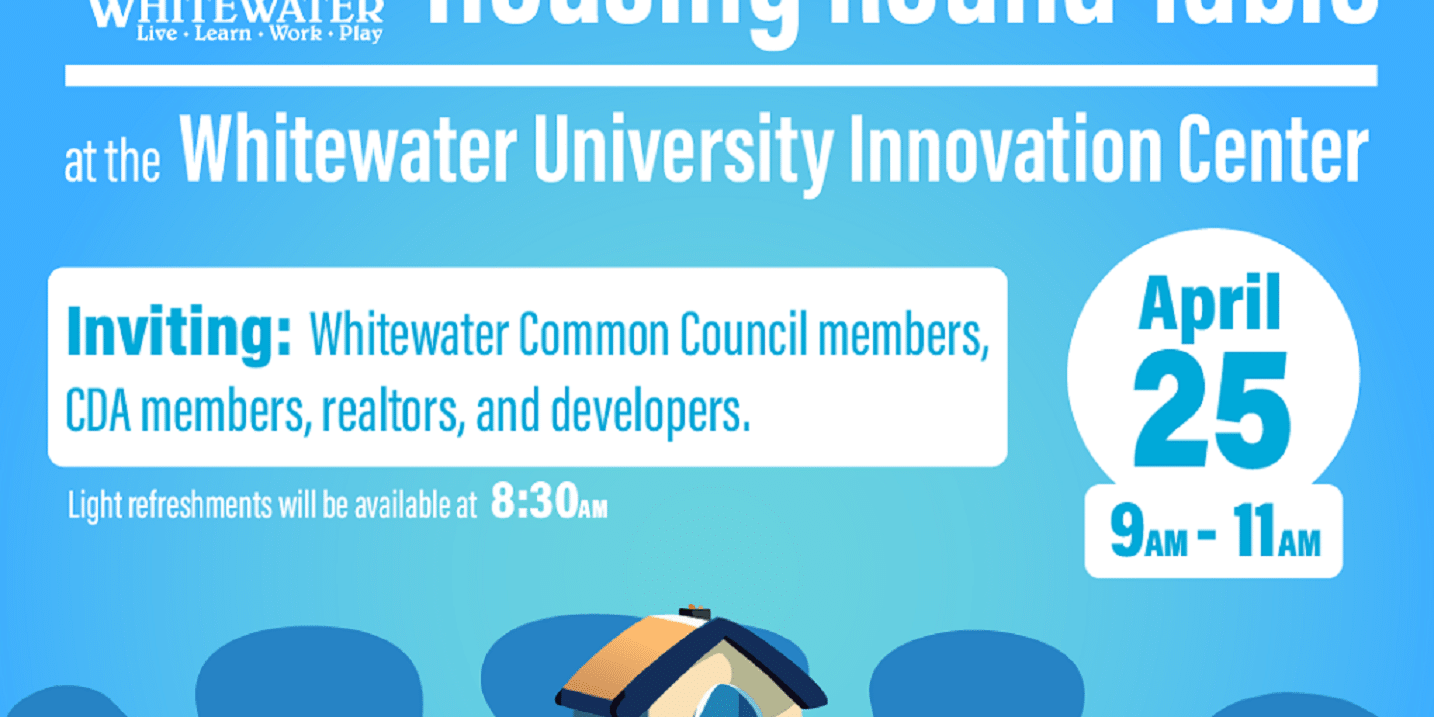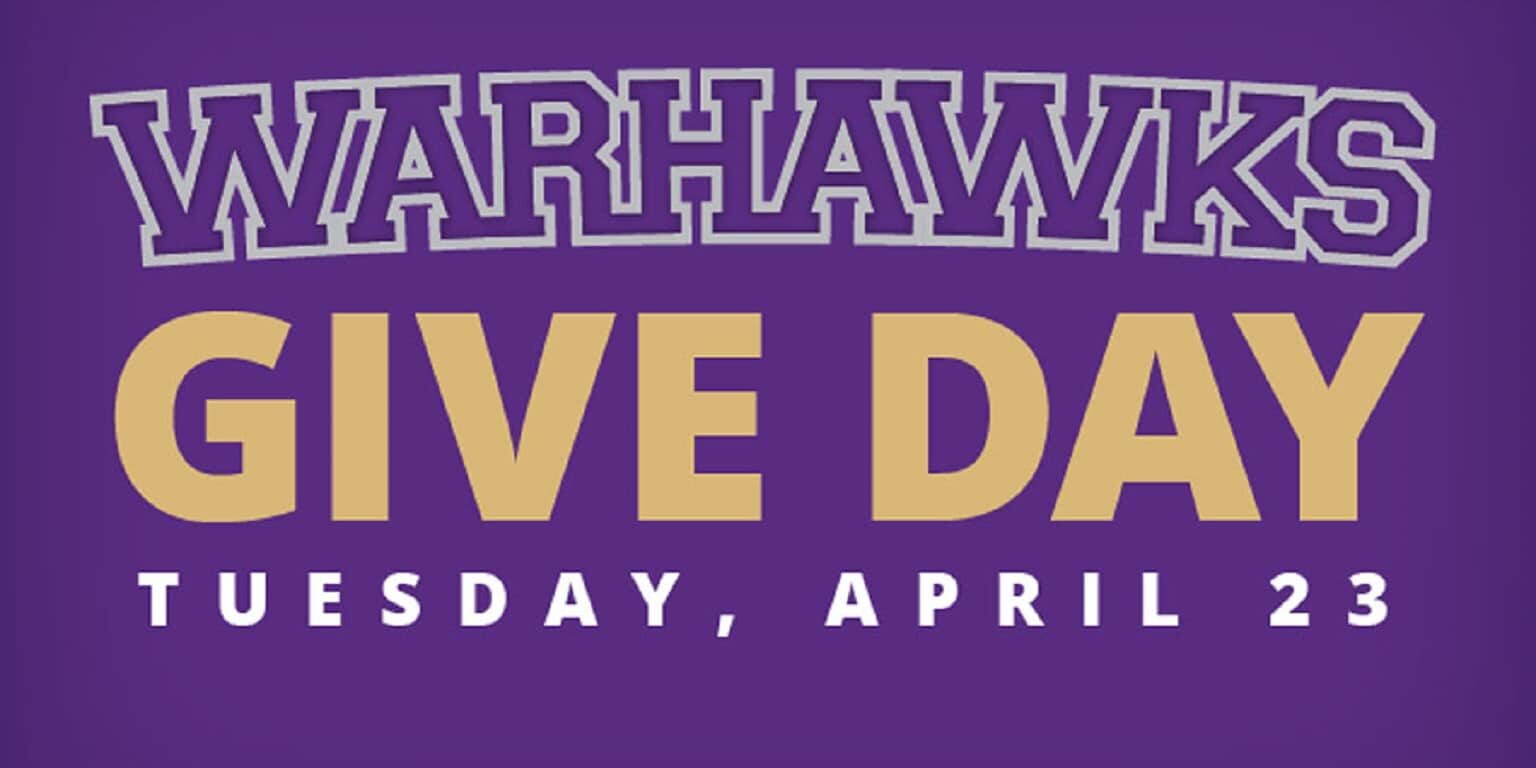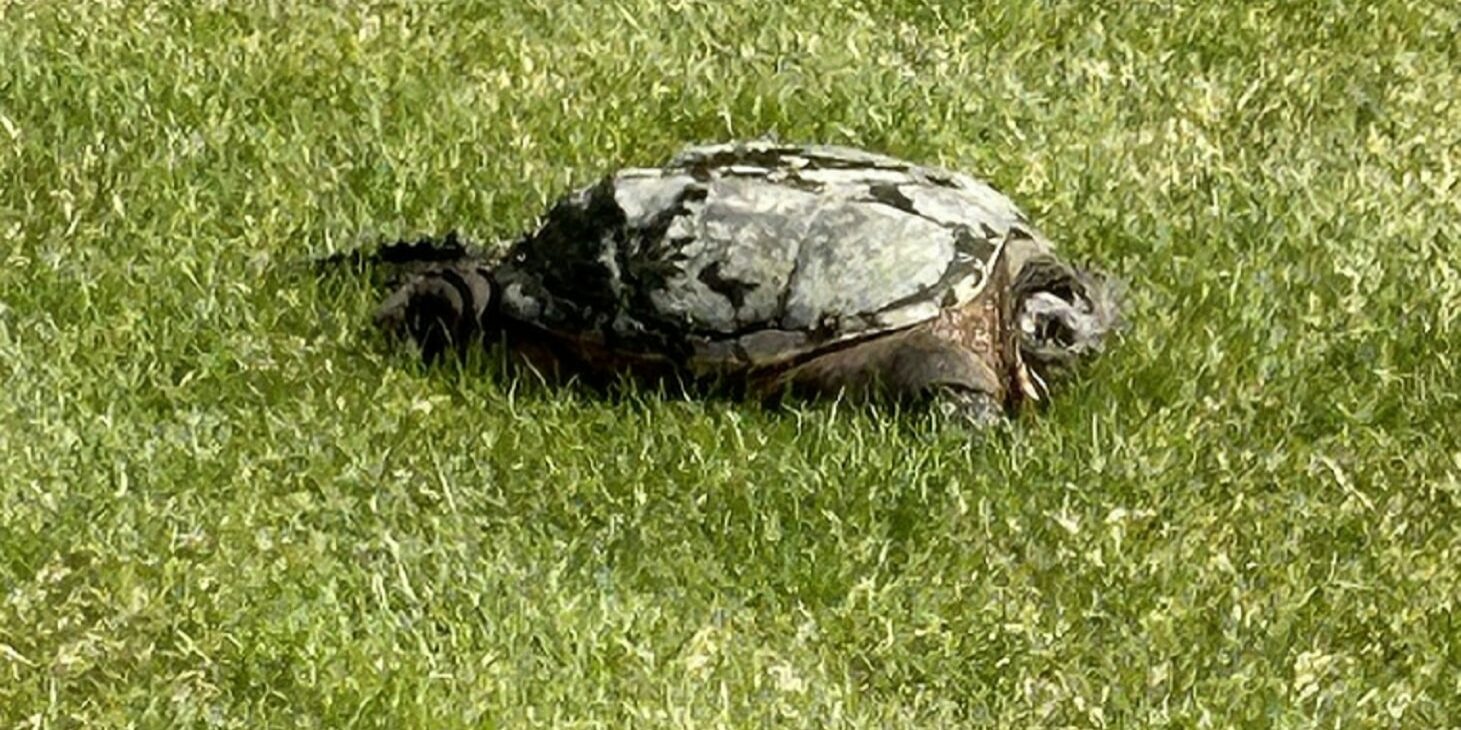Written by Craig Schreiner of UW-Whitewater
An ongoing survey led by the Institute for Nonprofit Management Studies at University of Wisconsin-Whitewater and the Helen Bader Institute for Nonprofit Management at University of Wisconsin-Milwaukee shows how nonprofits across the state have been affected by the COVID-19 pandemic. The survey and the resultant report, “The COVID-19 Effect on Wisconsin’s Nonprofit Sector,” is the first in a series of surveys that capture the impact of the pandemic. It’s intended to guide managers, funders and policymakers in responding to disruptions in critical services provided by nonprofits. The next survey will be released on July 10.
When the pandemic hit Wisconsin in early 2020, UW System faculty affiliated with the Helen Bader Institute for Nonprofit Management at UW-Milwaukee began to consider surveying the nonprofit sector, according to Carol Brunt, an assistant professor who leads the nonprofit management program in the College of Business and Economics at UW-Whitewater. The Helen Bader Institute and the Institute for Nonprofit Management Studies at UW-Whitewater took the lead on coordinating the survey.
Brunt said faculty from campuses at Milwaukee, Whitewater, Oshkosh, Green Bay, Parkside and Madison responded quickly, having worked together in the past. Adapting a model survey from the University of San Diego, the Wisconsin team reached more than 500 nonprofits with the online survey in April.
“We really wanted to understand the impact of the pandemic on the sector, to provide stakeholders with some real-time data and to get an idea of how some of those critical services are going to continue,” said Brunt. “We touch not only on issues of programs and service delivery, human resources, finance and revenue, but we also did little snapshots from the area where each of us came from. Those will be broadened into regional reports.”
Among the survey findings, almost 47% of the survey respondents reported a reduction in programming due to COVID-19, 80% reported fewer volunteers and 11% pivoted to supplying basic needs such as food and financial assistance. And, despite CARES Act funding, organizations are concerned about long-term sustainability and disruption of fundraising activities and programming.
In the City of Whitewater, which is home to more than 30 nonprofits, the pandemic impacted the number of volunteers working with local nonprofits as classes and students transitioned away from campus to finish the semester online, said Megan Matthews, a lecturer in management at UW-Whitewater and a colleague of Brunt. As the internship coordinator for UW-Whitewater’s nonprofit program, Matthews helps match students with internships at nonprofits in Whitewater and the region.
“There’s no question that there is a symbiotic relationship between the nonprofits in Whitewater and the students on campus,” said Matthews. “And there has been for years. They (students) make things happen that wouldn’t otherwise happen.”
“Students not only positively impact the community, but they learn life skills and work skills and they have professional development opportunities,” she added.
Matthews also serves on the board of directors of one of those nonprofits, the Whitewater Arts Alliance. She said a student intern at WAA during the recent spring and fall semesters created marketing materials, wrote grant applications and continued her internship online when the pandemic hit.
As volunteers and interns in the community, UW-Whitewater students help nonprofits provide food, clothing, rides and services for seniors, emergency financial assistance, day programming for adults with developmental disabilities, transitional housing, arts and educational programing and more. Warhawk interns also work with fundraising foundations assisting on fundraising campaigns, reaching out to donors and planning events.
Brunt said nonprofits often are misunderstood by the public as being government-funded or exclusively run by volunteers. Instead, she said nonprofits fill in the gaps in services that governments might otherwise have to provide. She said nonprofits often offer paid careers for managers and, when funding is available, internships are paid as well.
UW-Whitewater offers a nonprofit management minor for both business majors and non-business majors, as well as a general management major with an emphasis in nonprofit management. Brunt said internships have been key for student success after graduation.
“Our program is interesting because it’s housed in the business college but the minor is open to students across campus,” she added. “It’s a multidisciplinary program. We’re very much about getting public-minded, publicly oriented students who are interested in doing social good.”
Matthews said the benefit to Whitewater nonprofits when students are able to return to campus will be powerful.
“There’s no question the nonprofits have taken a hit from the pandemic,” said Matthews. “Students coming back and stepping into the roles they did before, whether it be as a volunteer or a structured internship, will be huge.”
For more information, contact Carol Brunt, assistant professor of management, at 262-472-3956 or bruntc@uww.edu and Megan Matthews, lecturer of management, at 262-472-7022 or matthewm@uww.edu.



